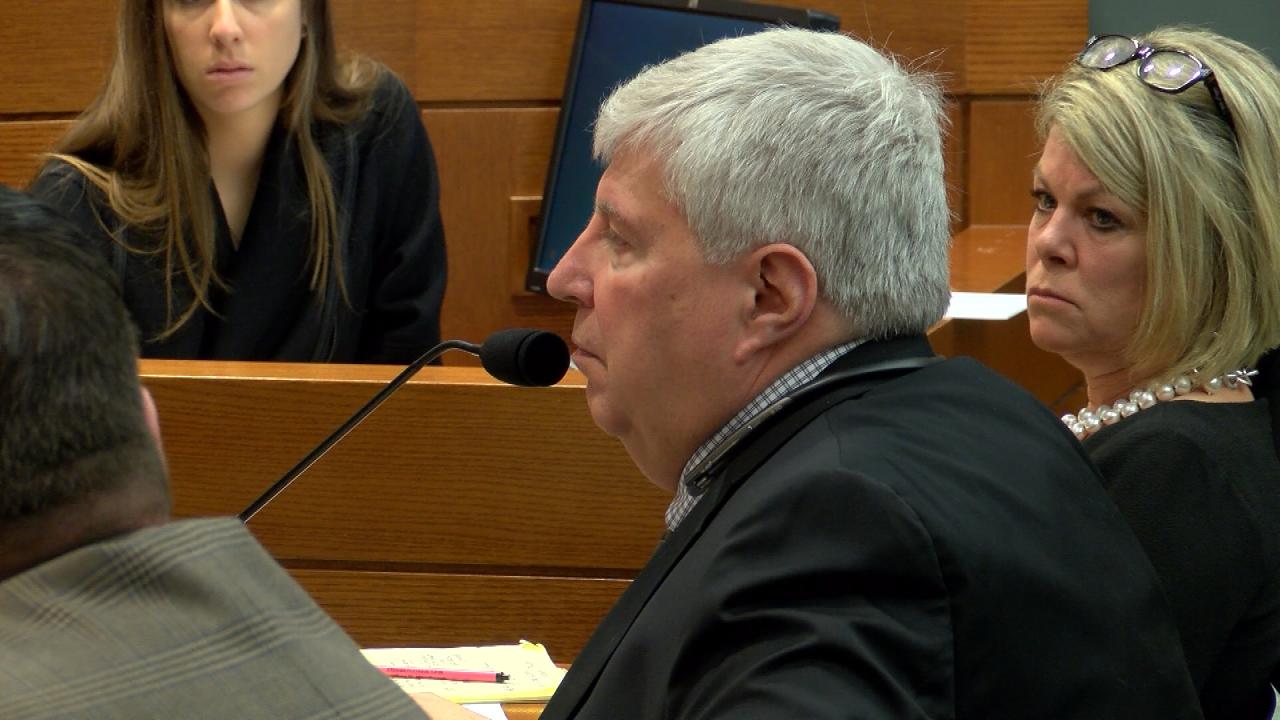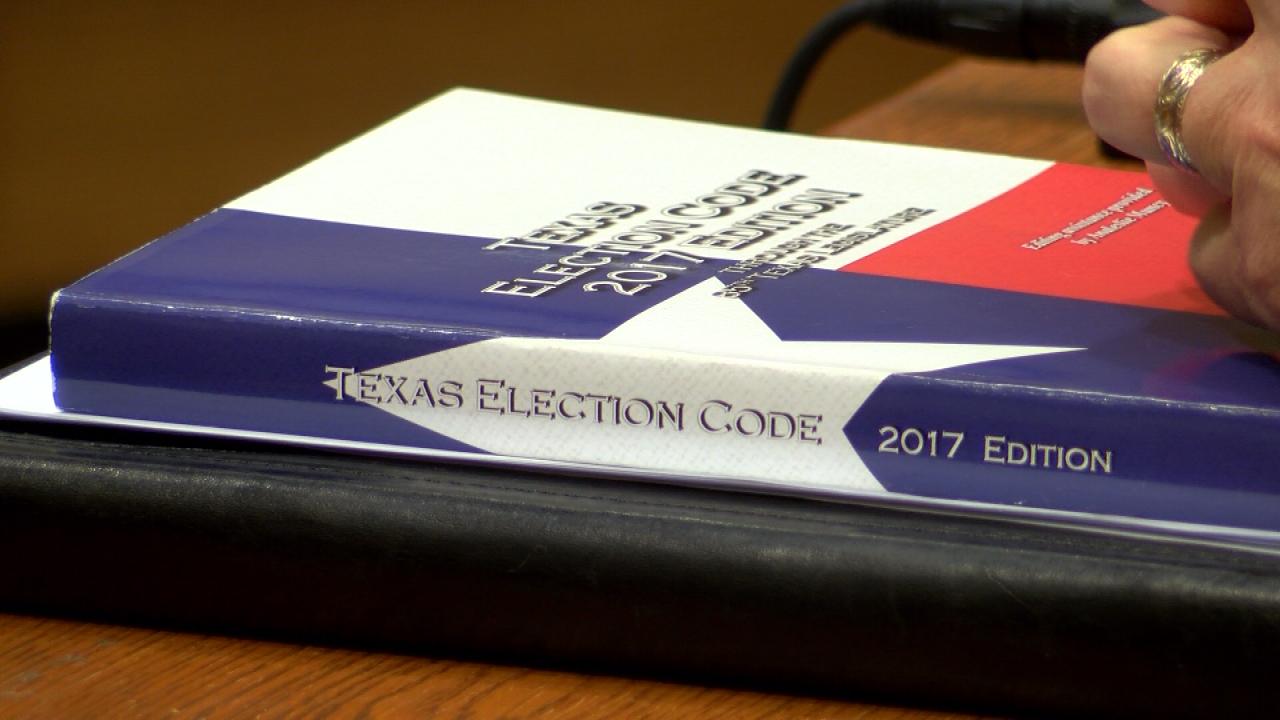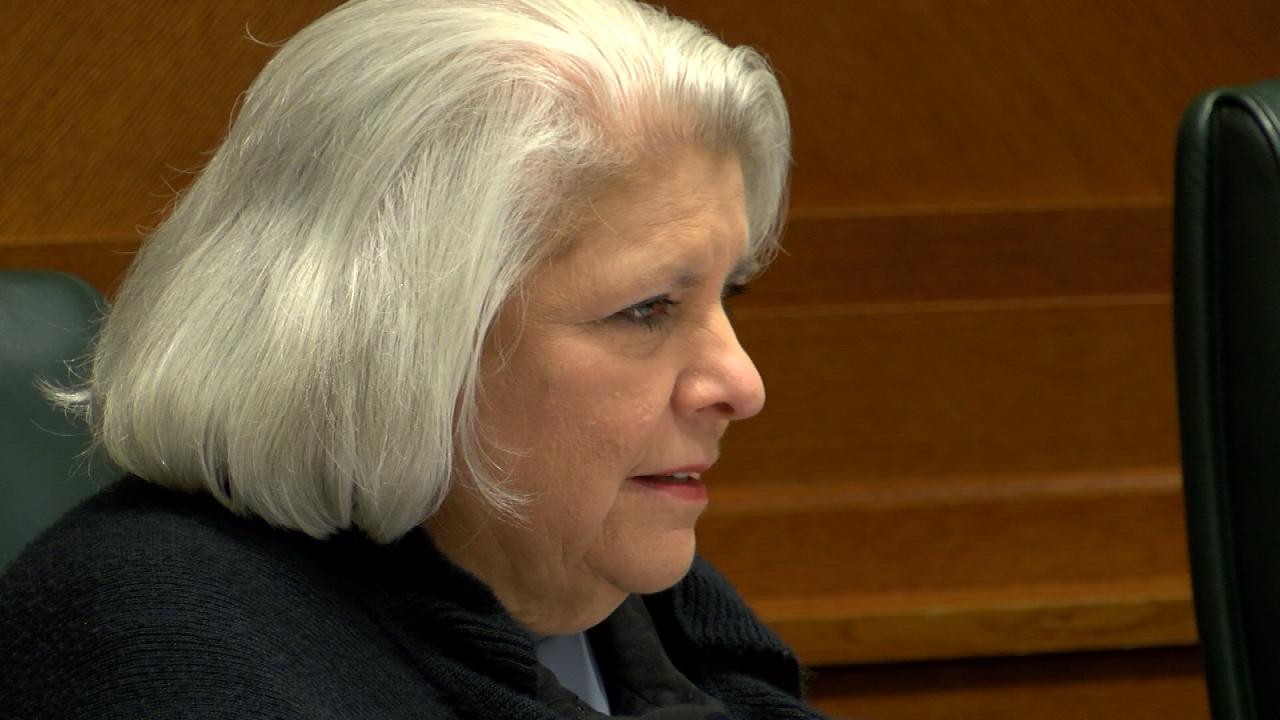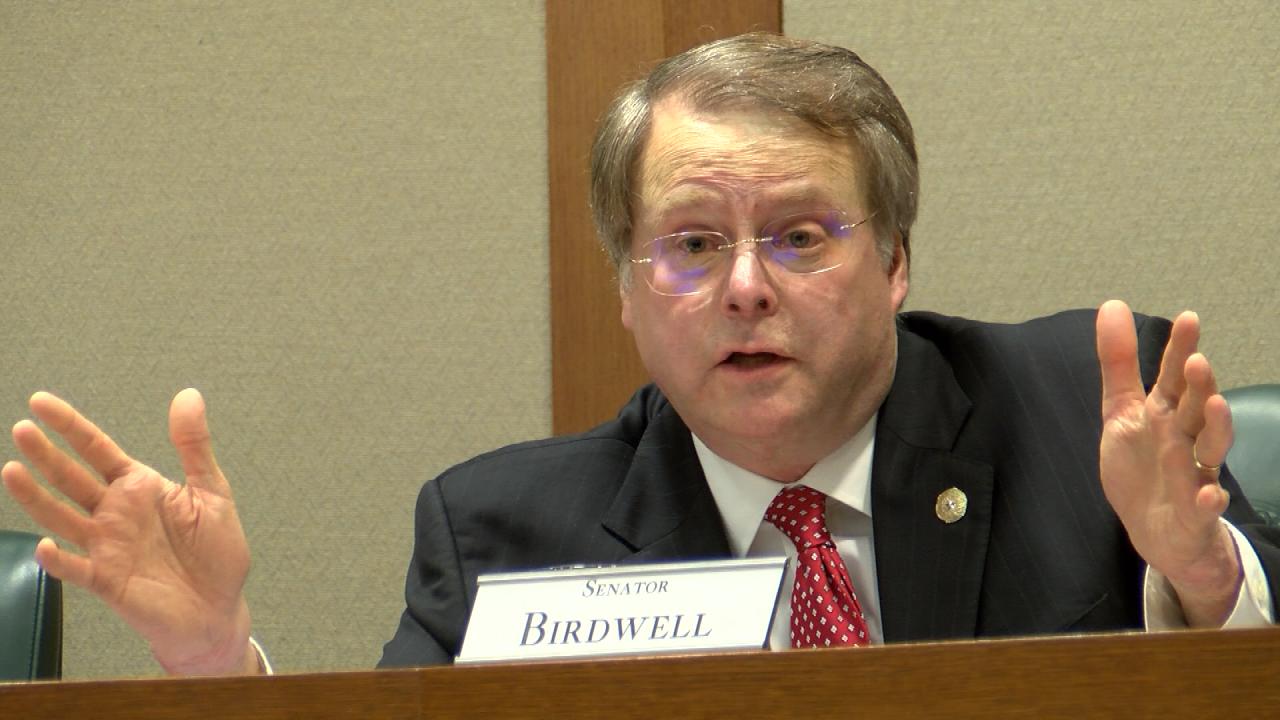Are Texas voting systems susceptible to a hack? Who polices wrongdoing at the polls? Should lawmakers make any changes to help Texas elections run more smoothly? State senators met Thursday to address concerns of fraud, irregularities and weaknesses in the system.
Lt. Gov. Dan Patrick tasked a Senate select panel to address a handful of issues pertaining to election security. Sen. Bryan Hughes, R-Mineola, who chairs the committee, said there are few rights more precious than the right to vote. He said he expected the bipartisan group to take a “thorough look” at making possible changes to “ensure Texas is still leading on voting security.”
The Texas secretary of state oversees the election process, but Election Division director Keith Ingram said each of Texas’ 254 counties are responsible for their own processes. The state has a decentralized election system. He said elections are complex and “outcomes have been targeted as long as they have existed.”
Voter registration information is available online for Texans to look up their registration status. That database contains identification numbers and social security numbers.
“Protecting that personal information that is within our custody is our highest priority,” Ingram said. While that system is accessible online, he assured the committee that no voting system is ever connected to the internet.
He said all voting systems are tested before early voting, tested again prior to counting ballots and after counting ballots. The Department of Homeland Security also performs regular security checks to ensure no information is unlawfully obtained.
Houston Democrat Borris Miles said he was aware of Texas counties targeted by hackers, though the Secretary of State’s office had denied hacking took place. Ingram said
“We’re not standing in place waiting to be hacked,” Ingram said. “We are taking measures that we deem to be reasonable and necessary to make sure that personally identifiable information of Texas voters stays safe.”
Sen. Brian Birdwell, R-Granbury, added he thought Texas has “a system that’s not as accurate as necessary.”
Fort Bend County elections administrator John Oldham offered up experiences from his four decades of running elections in multiple states.
“I’ve witnessed ballots frauded,” he said, adding that he thought it was important that elections be not only conducted fairly and accurately, but that the public believed that as well.
“I’ve observed workers, in the days of paper ballots, hand-count a stack of ballots 12 times and not get the same results twice,” he shared, as committee members raised their eyebrows. While he said he had seen cases of fraud in the past, he said the perception is worse than reality.
Many times the fault lies in human error that was an honest mistake. He said there are not as many problems now as there used to be, but said the situation would get worse before it got better. He also suggested possibly making voting days school holidays so there would be less risk for interference with people on campus. That would also allow public elections to remain in public buildings.
Chambers County Clerk Heather Hawthorne said Texans have finally begun to understand that cell phones are not allowed in polling places, but explained most problems lie with older elections workers who are tasked with learning election regulations in a short amount of time.
“We have issues and challenges that can be fixed with training,” Hawthorne said. “The more preparation you have the better off you’ll be.”
Sen. Judith Zaffirini, D-Laredo, said what the state also needs to do, “in addition to identifying the problem exactly and proposing solutions, is focus on more voter education.”
A panel featuring representatives from Attorney General Ken Paxton’s office joined Starr County District Attorney Omar Escobar and Shannon Edwards with the Texas District & County Attorneys Association to talk about civil and criminal penalties resulting from unlawful election activity.
Edwards said lawmakers created 100 crimes within the election penal code itself, Edwards said, which creates a wide range of infractions, but also complicated the system. His message was not to take a “one size fits all” approach, and instead try to strike a balance between larger and smaller counties.
Rice University professor Dr. Dan Wallach testified about election hacking and system vulnerabilities. He said foreign powers are willing to “tamper with our democracy,” and that we as a society have an obligation to “make sure everything is lifted to the level that it can withstand… an attack.”
He said old problems with paper ballots would be swapped out with new problems with electronic voting.
The recommendations presented to lawmakers on Thursday will be taken into consideration when the committee compiles information to decide if future action ought to be taken to further secure Texas’ election security measures.
To watch the full broadcast of the committee hearing, click here.
































